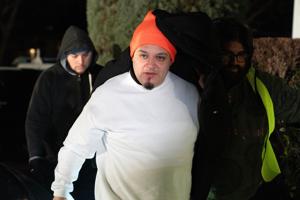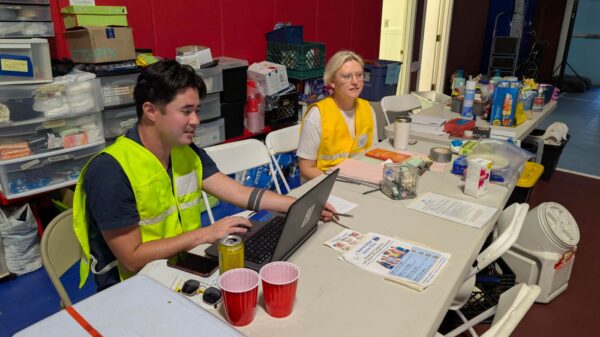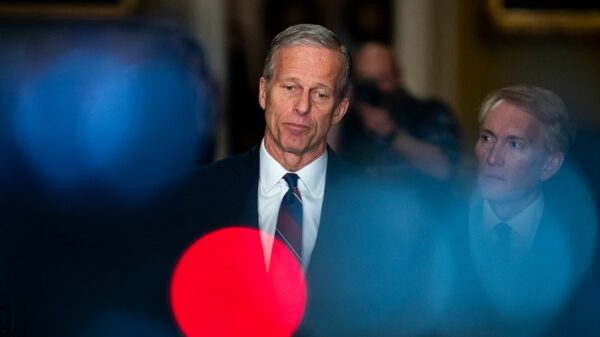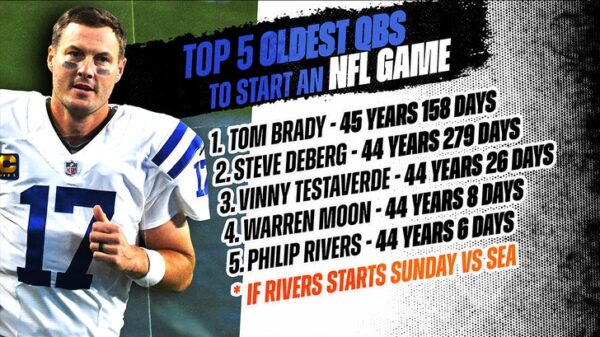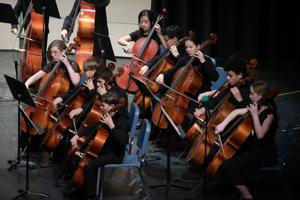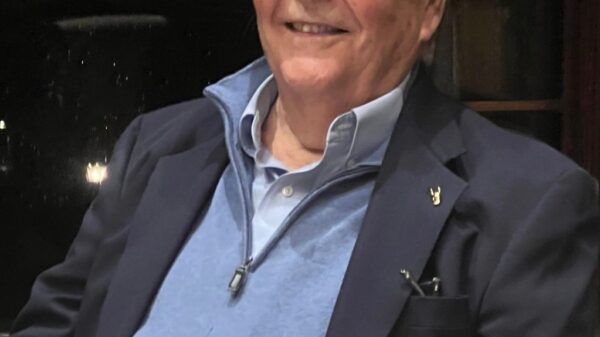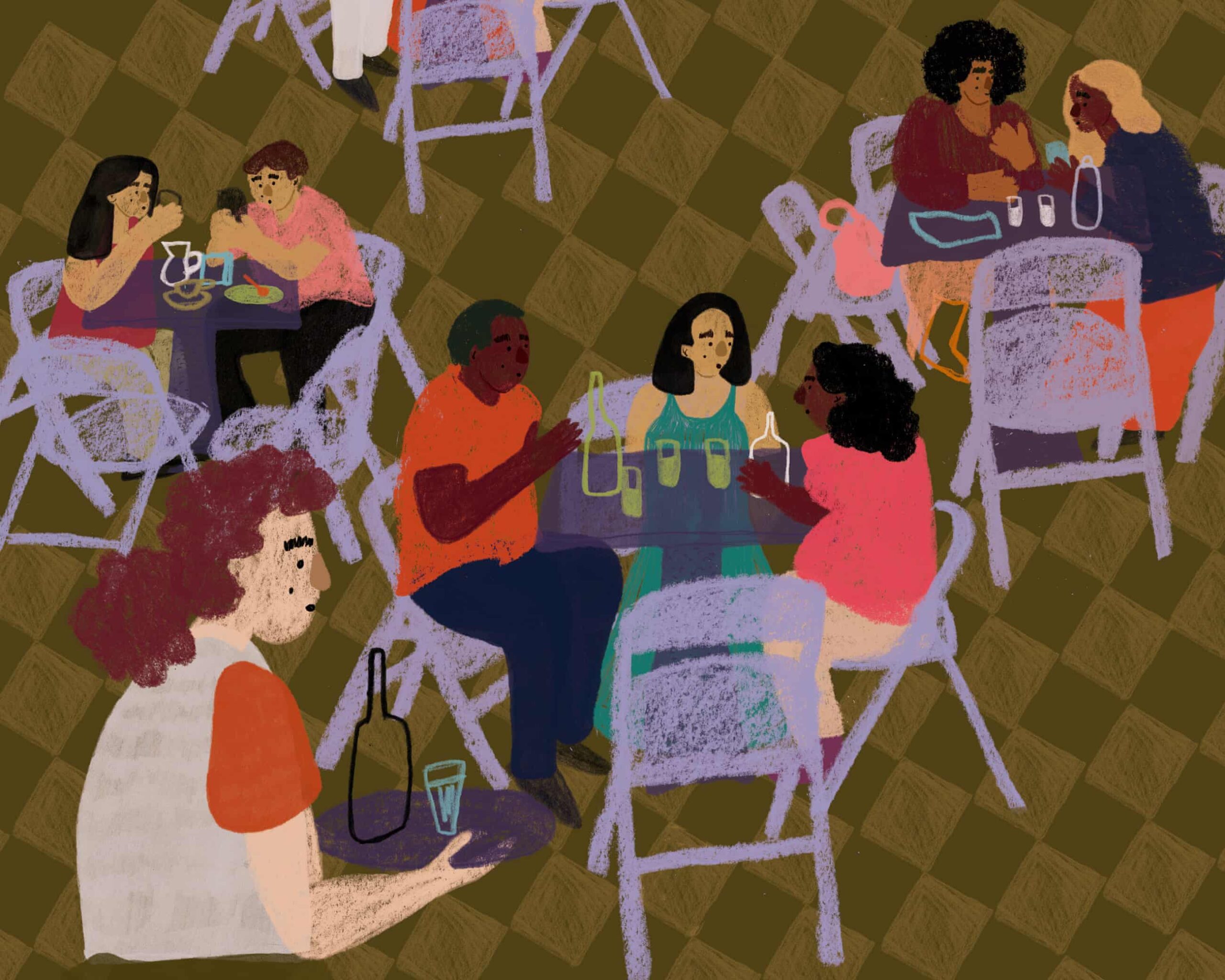What happens when a stranger’s face sparks a feeling of familiarity? Many people encounter this intriguing phenomenon, prompting questions about the nature of facial recognition. A recent exploration into this topic reveals the spectrum of facial recognition abilities, from those who remember faces instantly to individuals who struggle to recognize familiar ones.
The journey began when the author, Carina Storrs, recounted an uncanny experience in her mid-20s. While passing a coffee shop, she spotted a woman resembling her late grandmother, who had passed away the previous year. This moment ignited a reflection on whether others share similar experiences. Conversations with friends revealed a range of encounters: some frequently mistook strangers for familiar faces, while others had no such experiences.
This broad spectrum of recognition abilities raises intriguing questions. A study highlighted that individuals spend approximately 14 minutes of every hour looking at faces, suggesting that we might occasionally misidentify them. Researchers categorize facial recognition abilities into different classifications, with super-recognizers at one end—individuals who can recall faces seen only briefly or long ago—and prosopagnosics at the other, who often struggle to recognize even close family members.
Understanding Recognition Abilities
Research has established various tests to assess face recognition skills. Joseph DeGutis, a cognitive neuroscientist at Harvard Medical School, pointed out that while much attention has been directed toward memory for faces, less focus has been given to whether individuals can accurately determine if they have encountered a face before. This distinction is crucial, as super-recognizers and prosopagnosics often perform similarly when identifying new faces.
Storrs underwent several facial recognition tests, including the Cambridge Face Memory Test and a celebrity recognition challenge. Despite feeling uncertain about her performance, DeGutis analyzed her results, determining that she was a “borderline super-recognizer,” having correctly identified 96% of celebrity faces. Her performance on the old/new task was impressive, remembering 78% of previously seen faces, while prosopagnosics typically score around 57%. Storrs noted that although she remembered many faces, she rarely mistook new faces for those she had seen before, leading her to question her perception of familiarity.
DeGutis speculated that Storrs’s experiences stem from her enhanced ability to recognize faces and her attentiveness to them. Super-recognizers often have a vast and detailed mental catalogue of faces, enabling them to assign specific traits to individuals, which aids in long-term memory. Storrs’s tendency to notice similarities in strangers could lead to the false recognition of her grandmother in a woman with a similar demeanor.
Exploring Hyperfamiliarity for Faces
In her quest for clarity, Storrs learned about a condition known as hyperfamiliarity for faces (HFF), where unfamiliar faces appear familiar. However, most documented cases of HFF occurred following medical events, such as seizures or strokes, contrasting with Storrs’s lifelong experiences. Brad Duchaine, a professor at Dartmouth College, oversees a research initiative that studies individuals with facial recognition difficulties, including prosopagnosics and those with HFF. He noted that only a few cases of HFF have been reported, suggesting a spectrum of experiences.
An illustrative case involved a zookeeper named Jenny, who developed HFF in 2018 after unusual migraines. During a family trip, she felt an overwhelming sense of familiarity with strangers, leading her to follow individuals in an attempt to unravel their identities. This heightened perception of familiarity was perplexing and distressing for her, impacting her daily life.
Duchaine’s research has also explored the relationship between brain activity and facial recognition. A recent study involved participants watching clips from Game of Thrones while undergoing fMRI scans. Those familiar with the show exhibited increased activity in the medial temporal lobe, a brain area linked to memory and facial recognition. Interestingly, Jenny’s brain scans revealed similar activity patterns despite her unfamiliarity with the show, suggesting a deeper emotional connection to faces.
Both Storrs and Jenny expressed their unique experiences of false recognition. While Storrs felt bemused by her encounters, Jenny faced significant anxiety, leading her to develop coping strategies to navigate social situations. Their experiences underline the complex interplay between emotional connections, memory, and facial recognition.
The understanding of facial recognition remains a developing field, with ongoing research exploring the intricate roles of vision, memory, and emotion. Duchaine plans to investigate further how emotional and memory-related brain regions contribute to individual differences in facial recognition abilities.
As Storrs reflects on her experiences, she acknowledges the occasional discomfort of mistaking strangers for familiar faces. However, she embraces her unique ability to recognize nuances in people’s expressions. This exploration of facial recognition highlights the complexities of human perception and the emotional connections that shape our social interactions. Understanding these phenomena not only sheds light on individual experiences but also fosters greater awareness of the challenges faced by those with conditions like prosopagnosia and HFF.

